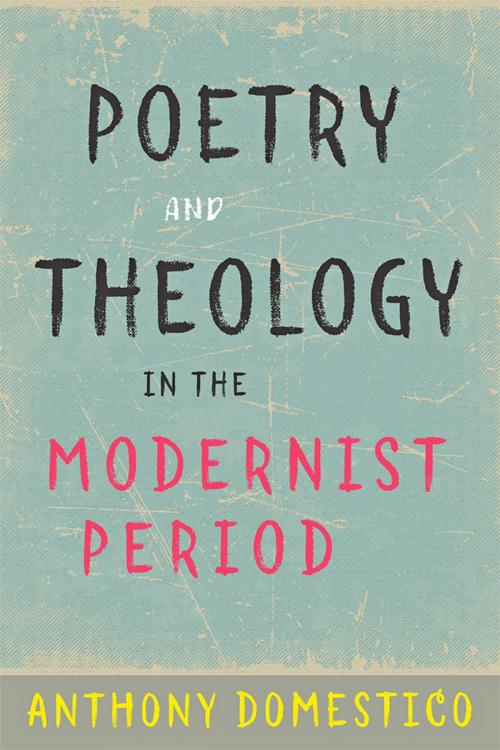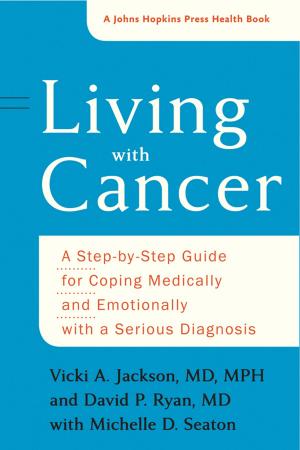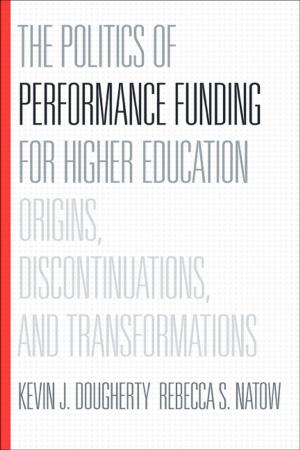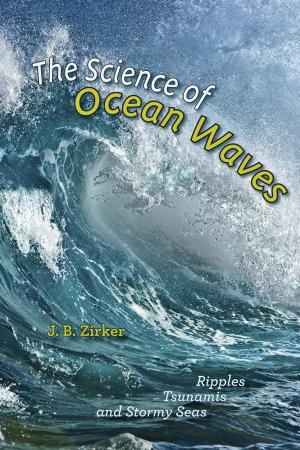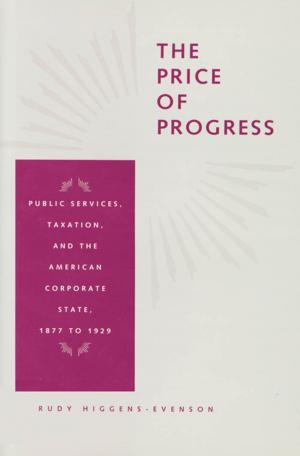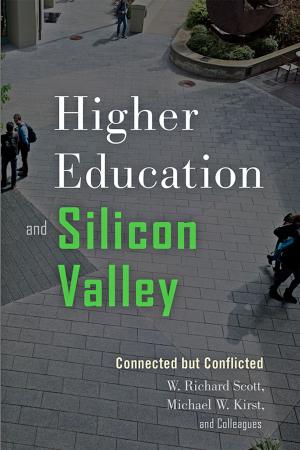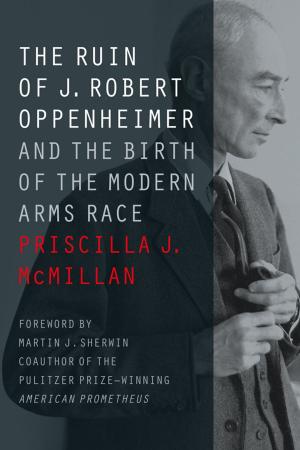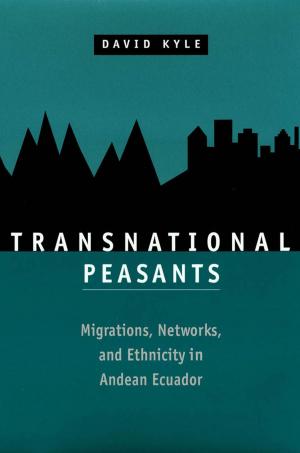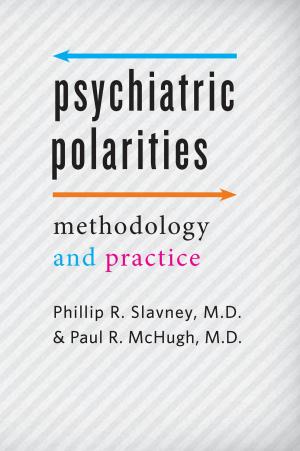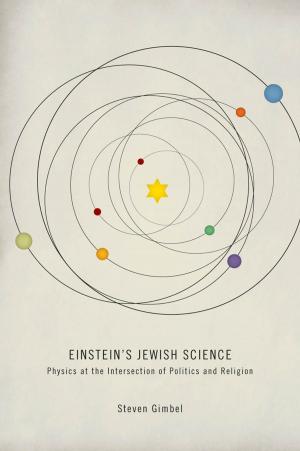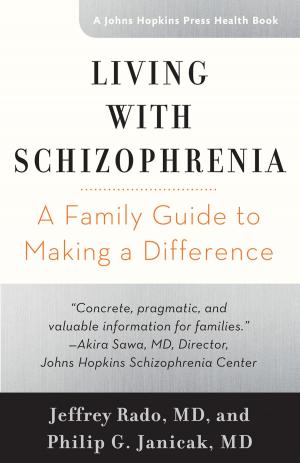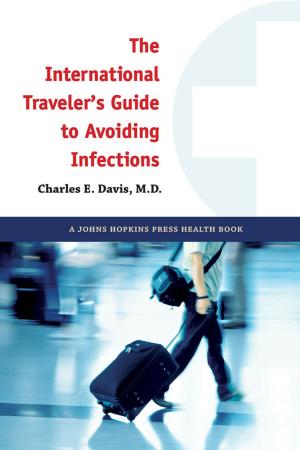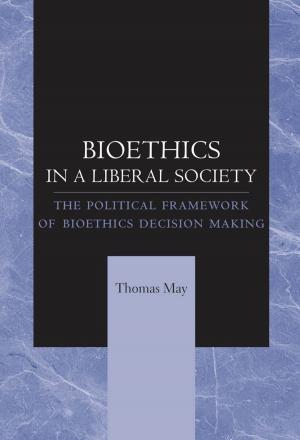Poetry and Theology in the Modernist Period
Fiction & Literature, Literary Theory & Criticism, British, Theory| Author: | Anthony Domestico | ISBN: | 9781421423326 |
| Publisher: | Johns Hopkins University Press | Publication: | October 17, 2017 |
| Imprint: | Language: | English |
| Author: | Anthony Domestico |
| ISBN: | 9781421423326 |
| Publisher: | Johns Hopkins University Press |
| Publication: | October 17, 2017 |
| Imprint: | |
| Language: | English |
Following the religious turn in other disciplines, literary critics have emphasized how modernists like Woolf and Joyce were haunted by Christianity’s cultural traces despite their own lack of belief. In Poetry and Theology in the Modernist Period, Anthony Domestico takes a different tack, arguing that modern poets such as T. S. Eliot, W. H. Auden, and David Jones were interested not just in the aesthetic or social implications of religious experience but also in the philosophically rigorous, dogmatic vision put forward by contemporary theology.
These poets took seriously the truth claims of Christian theology: for them, religion involved intellectual and emotional assent, doctrinal articulation, and ritual practice. Domestico reveals how an important strand of modern poetry actually understood itself in and through the central theological questions of the modernist era: What is transcendence, and how can we think and write about it? What is the sacramental act, and how does its wedding of the immanent and the transcendent inform the poetic act? How can we relate kairos (holy time) to chronos (clock time)?
Seeking answers to these complex questions, Domestico examines both modernist institutions (the Criterion) and specific works of modern poetry (Eliot’s Four Quartets and Jones’s The Anathemata). The book also traces the contours of what it dubs "theological modernism": a body of poetry that is both theological and modernist. In doing so, this book offers a new literary history of the modernist period, one that attends both to the material circulation of texts and to the broader intellectual currents of the time.
Following the religious turn in other disciplines, literary critics have emphasized how modernists like Woolf and Joyce were haunted by Christianity’s cultural traces despite their own lack of belief. In Poetry and Theology in the Modernist Period, Anthony Domestico takes a different tack, arguing that modern poets such as T. S. Eliot, W. H. Auden, and David Jones were interested not just in the aesthetic or social implications of religious experience but also in the philosophically rigorous, dogmatic vision put forward by contemporary theology.
These poets took seriously the truth claims of Christian theology: for them, religion involved intellectual and emotional assent, doctrinal articulation, and ritual practice. Domestico reveals how an important strand of modern poetry actually understood itself in and through the central theological questions of the modernist era: What is transcendence, and how can we think and write about it? What is the sacramental act, and how does its wedding of the immanent and the transcendent inform the poetic act? How can we relate kairos (holy time) to chronos (clock time)?
Seeking answers to these complex questions, Domestico examines both modernist institutions (the Criterion) and specific works of modern poetry (Eliot’s Four Quartets and Jones’s The Anathemata). The book also traces the contours of what it dubs "theological modernism": a body of poetry that is both theological and modernist. In doing so, this book offers a new literary history of the modernist period, one that attends both to the material circulation of texts and to the broader intellectual currents of the time.
